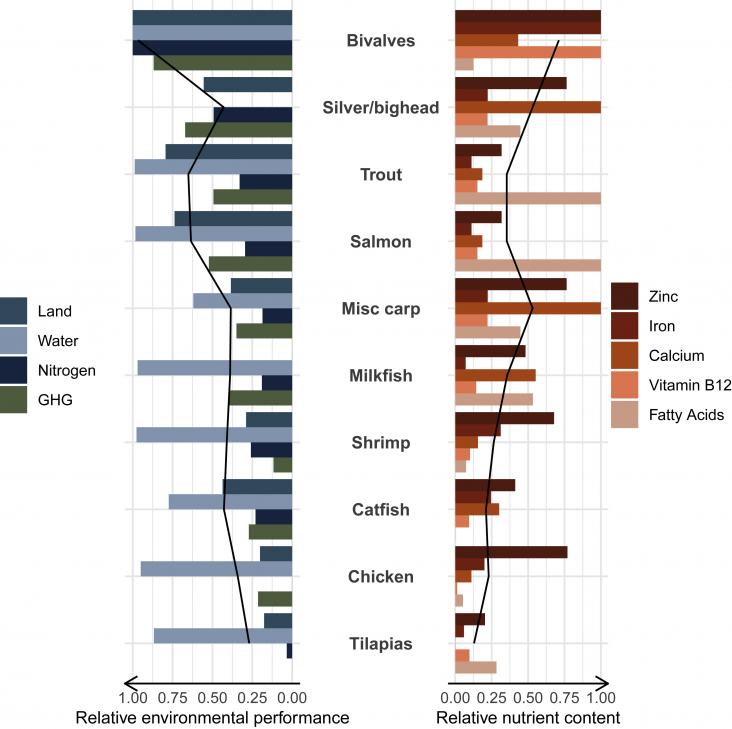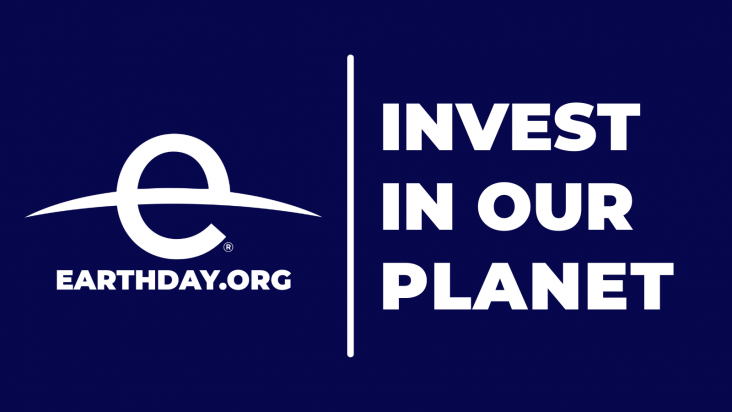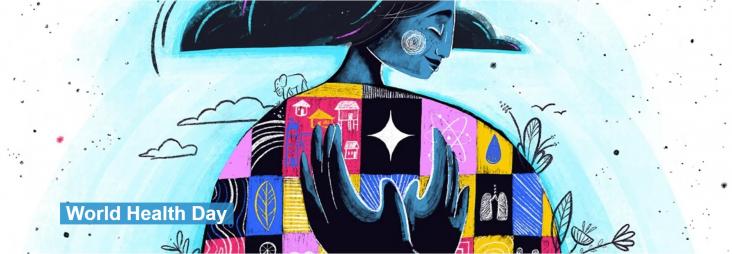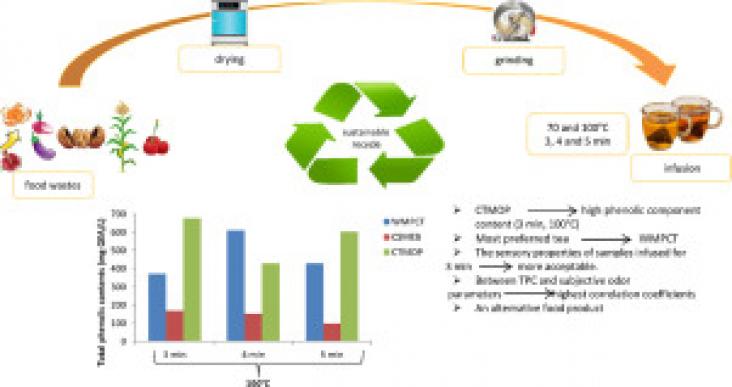The results in this paper have implications for consumers and policy makers, as well as other food system actors. Consumers following individual strategies can make important contributions towards more sustainable food systems. To facilitate this shift, changes in food environments are needed and a coordinated action plan with coherent policies that targets a thorough redesign of the food system, including several of the proposed strategies, is needed to achieve large systemic effects. This could encompass suitable education measures, incentives, as well as rules for production, processing, retail, gastronomy, transport, and consumption.
Milk alternatives are compared from an environmental and nutritional point of view for more sustainable food systems.
This paper concludes that the SIVESNU (Sistema de Vigilancia Epidemiológica de Salud y Nutrición) surveillance platform is a critical tool for government and partners, addresses key data gaps, and provides high-quality data used to monitor and improve public health in Guatemala.

Aquaculture has been viewed as a potential pathway to healthy and sustainable diets by increasing global nutrient-rich food production while minimizing environmental impacts.
In the journey towards attaining the Sustainable Development Goals (SDGs), large scale organic farming has emerged as a strategy of increasing significance.

On April 22 every year, we celebrate the anniversary of the birth of the modern environmental movement with Earth Day.

This Special Issue highlights publicly available journal articles and book chapters focusing on various humanitarian issues related to the crisis in the Ukraine and other countries.
This paper focuses on limiting food waste by measuring consumers' willingness to eat aging produce.

Our planet, our health
Are we able to reimagine a world where clean air, water and food are available to all?
Where economies are focused on health and well-being?

This papers focuses on the reuse of food waste in tea for more sustainable food practices.
